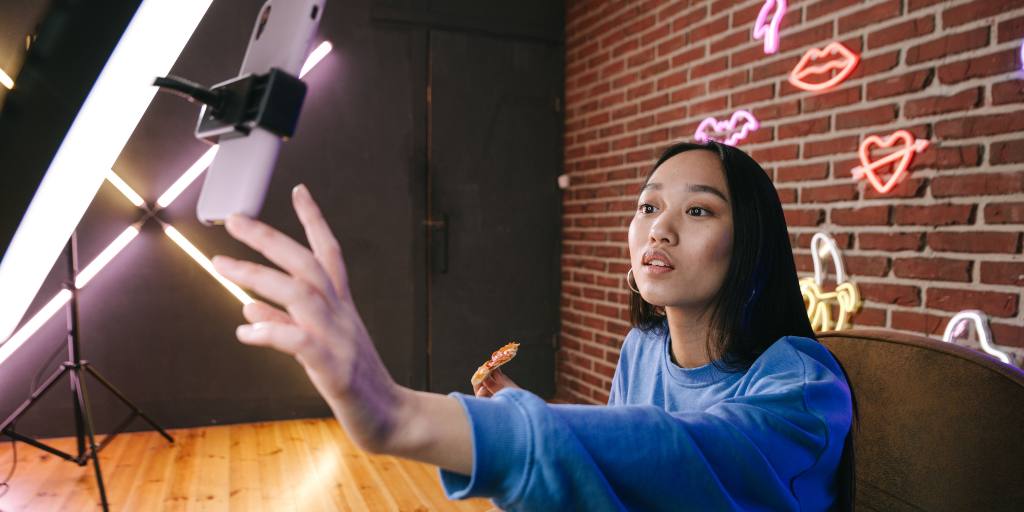
In the age of digital media, the line between friendship and fandom is often blurred. If your child spends a lot of time online, they probably have favorite personalities they follow closely. But when does this adoration cross the line into what's known as a “parasocial relationship,” and what does that mean for your child?
In the simplest terms, parasocial relationships are one-sided relationships where one party feels a deep, personal connection to the other, who likely doesn't even know they exist.
It’s akin to your child thinking they're best friends with a popular YouTube gamer or TikTok dancer, even though the influencer doesn’t know them at all. Your child may follow the influencer’s lives keenly, feeling a connection when the influencer shares a story, cracks a joke, or talks about their personal experiences. But there’s little or no reciprocation.
These relationships can have positive aspects. For instance, they can provide a sense of community, especially for kids who feel different or isolated. Influencers can inspire creativity, foster learning, and even stimulate interest in important social issues. An influencer who promotes healthy habits or encourages educational content can be a positive role model.
But this kind of relationship can be unhealthy if your child gets too invested in it, confuses it for a real friendship, or is taken advantage of by the influencer. In one extreme example, young fans of an influencer in her 30s alleged that she had essentially used them for therapy, asked inappropriate sexual questions, and got a 15-year-old boy to manage her social media accounts for free.
The key lies in understanding and managing these relationships in a way that ensures they have a positive impact on your child's development, rather than letting them turn into an unhealthy obsession.
The environment social media platforms create is personal, intimate, and designed to foster a sense of connection between users. Influencers are adept at using this space, sharing snippets of their lives that followers consume with gusto. They may respond to comments, “like” fan posts, or share personal stories, all of which intensify the sense of closeness followers feel.
In 2021, 18% of American kids aged 8-12 used social media every day; the number is likely higher today. Two-thirds of U.S. teens follow influencers. Combined, the tendency to check-in on influencers’ lives every day creates enormous potential for these parasocial relationships to form.
Children, particularly those in their preteen and early teenage years, are at a critical stage where they are learning about social relationships and connections. The drive to understand and belong often pushes them to form these virtual bonds. Their brains, still developing and prone to absorb influences, are more susceptible to falling into these relationships without realizing it.
Being aware of the signs of unhealthy parasocial relationships can help you intervene effectively. Here are some warning signs:
The presence of these signs doesn't necessarily mean your child is being taken advantage of. However, they are indicators that it's time for a conversation to help your child understand their online relationships better.
First, make sure you know which influencers your child follows and what kind of content those influencers are sharing. The best way to do this is through a monitoring app — so you can see exactly what the influencers are posting and how your child is engaging with them — but you can also ask your kids who they follow and follow those influencers yourself.
Then, raise the topic with your kids. Here’s how:
In a world where the line between real and virtual continues to blur, understanding and navigating parasocial relationships is crucial for every parent. While these relationships aren't necessarily harmful, they can become problematic if misunderstood or mismanaged.
As parents, being proactive, maintaining open communication, and staying alert to the warning signs are key to ensuring your child enjoys their digital journey while also understanding the difference between real and virtual relationships. The goal isn't to vilify social media or influencers, but to equip your child with the understanding needed to navigate the online world safely and healthily.